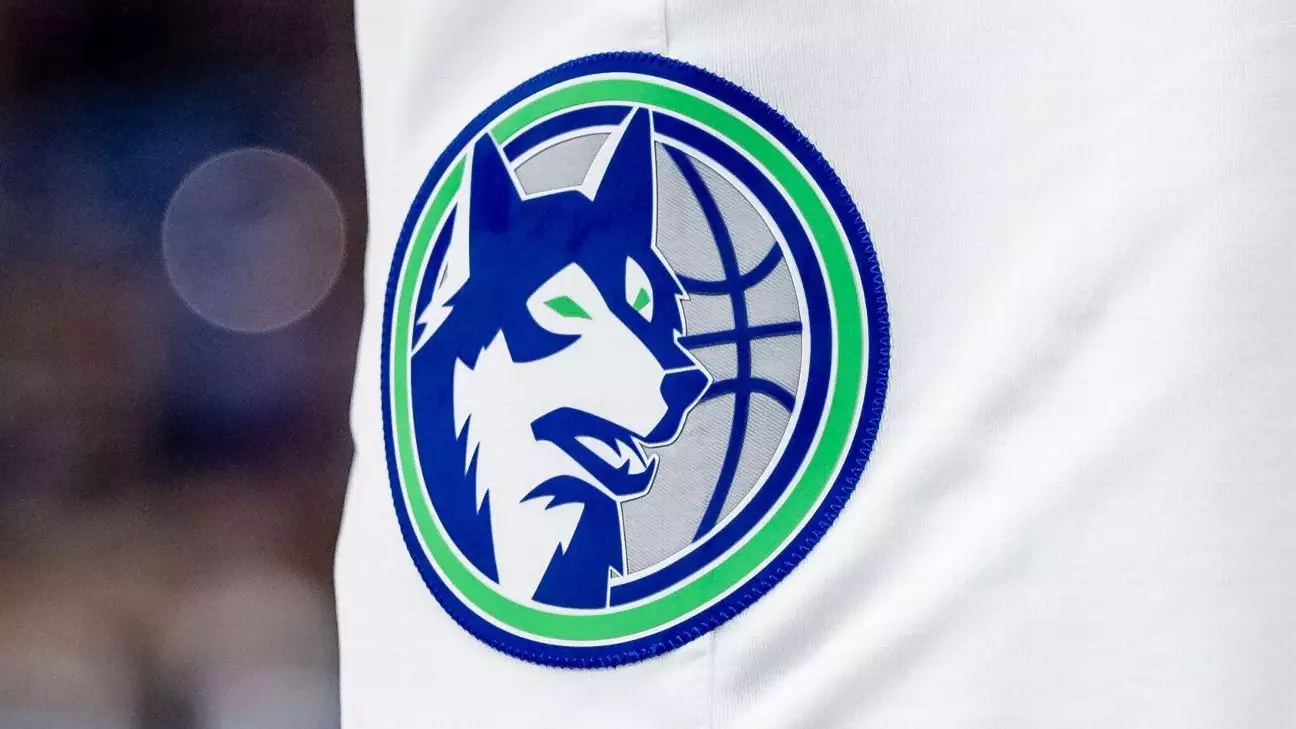The ongoing saga of the Minnesota Timberwolves ownership illustrates the complex interplay between business disputes, personal relationships, and the fervent world of professional sports. Recently, an arbitration panel ruled in favor of prospective owners Marc Lore and Alex Rodriguez against current owner Glen Taylor, allowing them to maintain their pursuit of majority ownership. This ruling sets the stage for what could be a high-stakes vote among NBA team owners, raising questions about governance, valuations, and the future direction of both the Timberwolves and their sister franchise, the Lynx.
The arbitration panel’s decision to side with Lore and Rodriguez highlights significant points regarding contractual obligations and communication in high-stakes business environments. The panel found that Taylor had breached the terms of the sales agreement by prematurely declaring that Lore and Rodriguez had missed a critical payment deadline crucial for acquiring an 80% stake in the franchise. The timeline of the dispute indicates that even seasoned professionals can misinterpret contractual nuances, which emphasizes the need for clarity and mutual understanding in negotiations of this magnitude.
Moreover, this matter has been compounded by Taylor’s long-standing history in the NBA and his personal rapport with league officials, particularly Commissioner Adam Silver. This legacy complicates the landscape, as Taylor’s resistance to relinquishing control may stand in opposition to Lore and Rodriguez’s ambitions, creating a rift that could have broader implications for league dynamics.
The upcoming vote among NBA owners is anticipated to be critical; 23 out of 30 governors must approve the sale for it to proceed. Historically, such approvals tend to align smoothly, but the current situation has introduced an unprecedented layer of complexity—mainly entangled due to Taylor’s opposition. In many ways, this moment is not just about control of a team, but it can serve as a litmus test for the league’s governance structure. How the board of governors navigates this contentious environment could set a precedent for future ownership transitions, particularly when incumbent owners have their interests at stake.
The situation is further complicated by the rapidly evolving financial landscape of the NBA, as the valuation of franchises has skyrocketed in recent years. As the market re-calibrates, the figure of $1.5 billion, previously agreed upon by Taylor, now appears significantly below the market rate. Recent transactions, such as the sales of the Phoenix Suns for $4 billion, illustrate the increasing financial gravity surrounding team ownership, compelling current owners to reassess their positions amid a changing economic climate.
Lore and Rodriguez’s strategy of bolstering their ownership bid by bringing in high-profile investors, including Michael Bloomberg and Eric Schmidt, underscores a key trend in contemporary sports management: the importance of financial allies. This approach not only strengthens their argument for ownership but also indicates a willingness to invest significantly in the franchise’s potential. Their disclosure of having raised an additional $950 million is a powerful signal of their commitment, and acts as a safeguard against some of the political headwinds they may face within the league.
Conversely, it showcases the evolving nature of ownership in professional sports, wherein well-capitalized consortiums can shift the landscape and challenge existing hierarchies. It raises questions about whether traditional ownership models will be able to keep pace with this new reality, pushed forward by ambitious and financially resourced individuals or groups.
As Taylor contemplates his next move in reaction to the arbitration ruling, the specter of market pressures may catalyze a rapid transition. Recent comments from Taylor reveal a reluctance to fully embrace the idea of selling, which adds an element of unpredictability to the transaction. His history of withdrawing the team from the market in the past further complicates expectations surrounding the sale. As the broader NBA community watches, the effectiveness of Lore and Rodriguez’s outreach to fellow team owners will be pivotal; should they secure the necessary votes, the Timberwolves could soon have new leadership—potentially ushering in a new era aimed at postseason success.
The ongoing ownership dispute of the Minnesota Timberwolves is steeped in multifaceted dynamics that extend beyond a typical business transaction. It encapsulates the tensions between current and prospective ownership frameworks, alongside the magnifying influence of NBA valuations and the institutional structures governing professional sports. As this narrative continues to unfold, it is clear that the implications of this arbitration ruling will reverberate far beyond Minnesota, offering insights into the complex mechanics that drive the business of basketball.


Leave a Reply